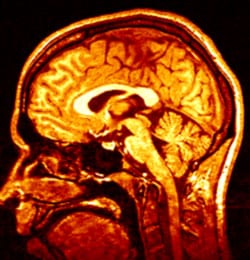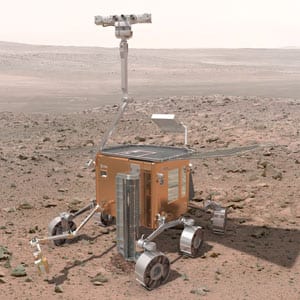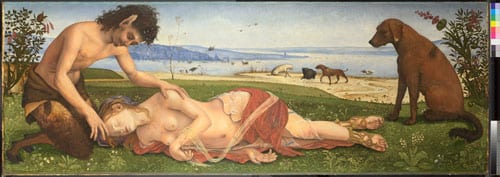Take that Descartes! “How the body shapes the mind”
By Rupert P Cole, on 5 September 2012
 Here in Aberdeen, the British Science Festival kicked off with a fascinating series of talks on recent research into the way bodily experiences affect even our most abstract mental facilities and knowledge.
Here in Aberdeen, the British Science Festival kicked off with a fascinating series of talks on recent research into the way bodily experiences affect even our most abstract mental facilities and knowledge.
UCL’s own Gabriella Vigliocco, professor of psychology, organised the panel. Professor Vigliocco and three fellow professors in the field tackled the mind-body problem – one of the most notorious headaches of Western philosophy.
Mind over grey matter?
Stefano F. Cappa, professor of neurology at Milan’s San Raffaele Scientific Institute, gave the first of the talks. Professor Cappa introduced us to the key questions and experiments in cognitive neuroscience.
If we take for granted that the brain has something to do with the mind, then what is its relation? Alluding to Alan Turing’s computer analogy, Cappa asked is the brain “hardware”; the mind “software,” like a program? If so, how does the brain compute, or problem solve?
 Close
Close




